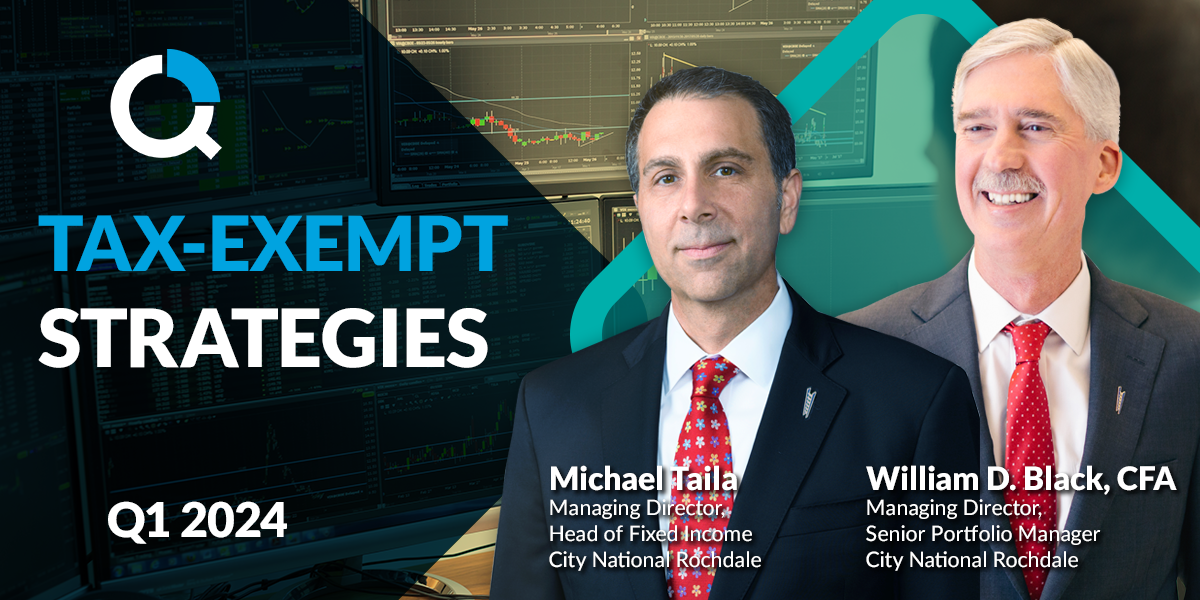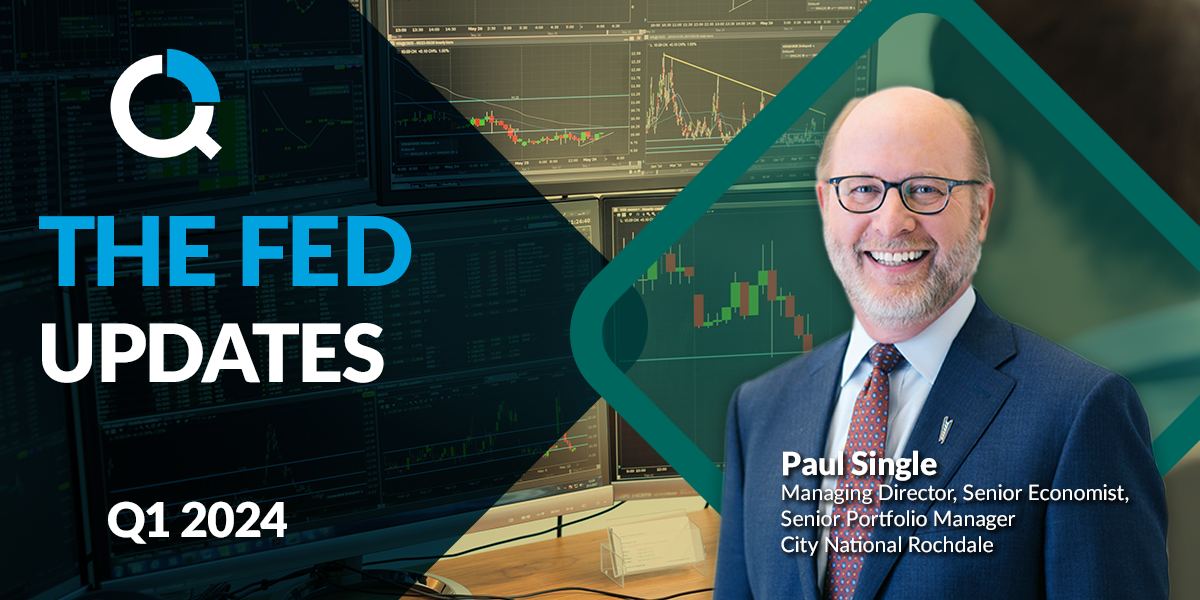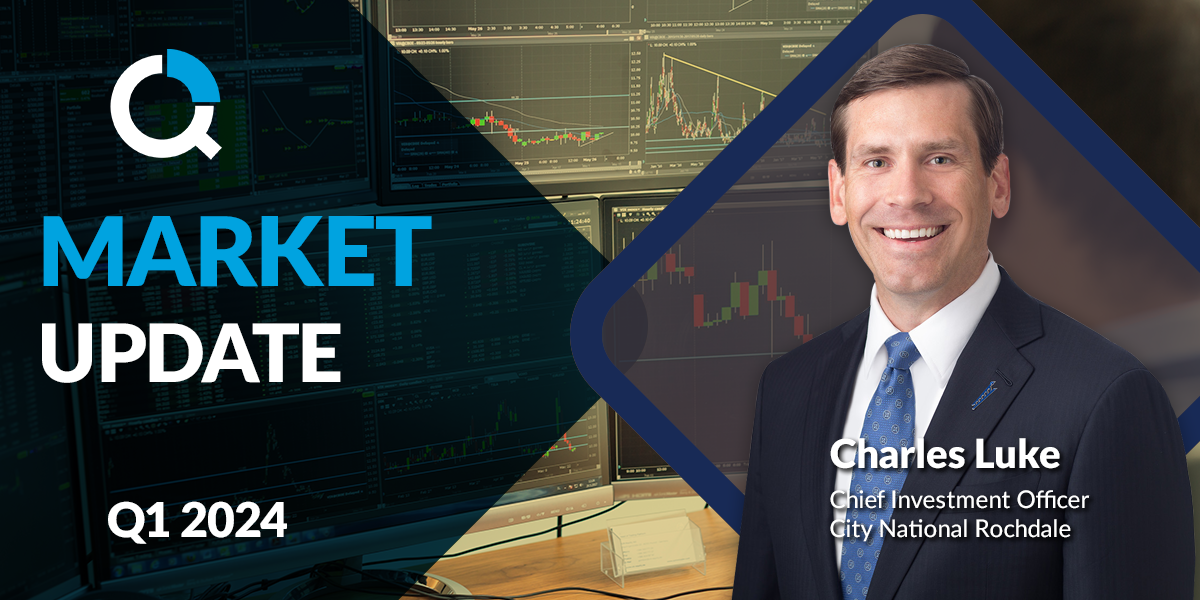
No More Mister Nice Guy
Key Points
• The Fed’s primary focus is bringing down inflation
• The Fed will be increasing interest rates at a brisk pace to slow the economy
• The Fed’s actions may cause the unemployment rate to increase
The Fed has accelerated its timetable for removing monetary stimulus. The Central Bank has updated its quarterly year-end federal funds rate projection to 3.4%. Back in March, their year-end projection was 1.9%.
This planned move will put the federal funds rate above the neutral rate of 2.375%, indicating that the rate will be in economically restrictive territory. This will mark the first time the funds rate has moved into this territory since the Fed started calculating the neutral rate back in 2012 (chart 1).
The Fed is growing concerned that inflation is becoming increasingly entrenched in Americans’ lifestyle, and is ramping up actions to combat it. The catalyst for the Fed’s more hawkish stance was the June Consumer Price Index (CPI) report, which was released on July 13. The CPI rate jumped to 9.1% year over year, its biggest increase since 1981, showing that price pressures remain broad-based. This has caused Fed Chair Jerome Powell to shift his stance. He has admitted that the Fed’s painless goal of a soft landing for the economy may not be achieved. He also stated that the unemployment rate could increase, and that the economy’s risk of entering a recession “is certainly a possibility.”
We are already starting to see that the Fed’s monetary policy actions are beginning to impact the financial markets. For example, the Fed is raising short-term interest rates and reducing the size of its bond portfolio, which should put upward pressure on longer-term interest rates. As a result of Fed actions so far, financial conditions have recently tightened: There is a bear market for the S&P 500, credit spreads have widened and the dollar has strengthened. The Goldman Sachs Financial Conditions Index, which is considered one of the best measurements of overall financial conditions, has moved above its long-term average (chart 2). The Fed now expects US economic growth of 1.7% this year on an annualized basis (versus 2.8% previously) and 1.7% in 2023 (versus 2.2%).
Important Disclosures
Any opinions, projections, forecasts and forward-looking statements presented herein are valid as of the date of this document and are subject to change.
The information presented does not involve the rendering of personalized investment, financial, legal or tax advice. This presentation is not an offer to buy or sell, or a solicitation of any offer to buy or sell any of the securities mentioned herein.
Certain statements contained herein may constitute projections, forecasts and other forward-looking statements, which do not reflect actual results and are based primarily upon a hypothetical set of assumptions applied to certain historical financial information. Certain information has been provided by third-party sources and, although believed to be reliable, it has not been independently verified and its accuracy or completeness cannot be guaranteed.
Concentrating assets in a particular industry, sector of the economy, or markets may increase volatility because the investment will be more susceptible to the impact of market, economic, regulatory, and other factors affecting that industry or sector compared with a more broadly diversified asset allocation.
Private investments often engage in leveraging and other speculative investment practices that may increase the risk of investment loss, can be highly illiquid, are not required to provide periodic pricing or valuation information to investors, and may involve complex tax structures and delays in distributing important tax information.
Alternative investments are speculative, entail substantial risks, offer limited or no liquidity, and are not suitable for all investors. These investments have limited transparency to the funds’ investments and may involve leverage which magnifies both losses and gains, including the risk of loss of the entire investment. Alternative investments have varying and lengthy lockup provisions. Please see the Offering Memorandum for more complete information regarding the Fund’s investment objectives, risks, fees and other expenses.
Investments in below-investment-grade debt securities, which are usually called “high-yield” or “junk bonds,” are typically in weaker financial health and such securities can be harder to value and sell, and their prices can be more volatile than more highly rated securities. While these securities generally have higher rates of interest, they also involve greater risk of default than do securities of a higher-quality rating.
There are inherent risks with equity investing. These risks include, but are not limited to, stock market, manager or investment style. Stock markets tend to move in cycles, with periods of rising prices and periods of falling prices. Investing in international markets carries risks such as currency fluctuation, regulatory risks, and economic and political instability. Emerging markets involve heightened risks related to the same factors, as well as increased volatility, lower trading volume and less liquidity. Emerging markets can have greater custodial and operational risks and less developed legal and accounting systems than developed markets.
There are inherent risks with fixed-income investing. These risks may include interest rate, call, credit, market, inflation, government policy, liquidity or junk bond. When interest rates rise, bond prices fall. This risk is heightened with investments in longer-duration fixed-income securities and during periods when prevailing interest rates are low or negative. The yields and market values of municipal securities may be more affected by changes in tax rates and policies than similar income-bearing taxable securities. Certain investors’ incomes may be subject to the Federal Alternative Minimum Tax (AMT), and taxable gains are also possible. Investments in below-investment-grade debt securities, which are usually called “high yield” or “junk bonds,” are typically in weaker financial health and such securities can be harder to value and sell, and their prices can be more volatile than more highly rated securities. While these securities generally have higher rates of interest, they also involve greater risk of default than do securities of a higher-quality rating.
All investing is subject to risk, including the possible loss of the money you invest. As with any investment strategy, there is no guarantee that investment objectives will be met, and investors may lose money. Diversification does not ensure a profit or protect against a loss in a declining market. Past performance is no guarantee of future performance.
Indices are unmanaged, and one cannot invest directly in an index. Index returns do not reflect a deduction for fees or expenses.
Alternative investments are speculative, entail substantial risks, offer limited or no liquidity and are not suitable for all investors. These investments have limited transparency to the funds’ investments and may involve leverage which magnifies both losses and gains, including the risk of loss of the entire investment. Alternative investments have varying and lengthy lockup provisions.
This material is available to advisory and sub-advised clients, as well as financial professionals working with City National Rochdale, a registered investment advisor and a wholly-owned subsidiary of City National Bank. City National Bank provides investment management services through its sub-advisory relationship with City National Rochdale.
Non-deposit investment Products are: • not FDIC insured • not Bank guaranteed • may lose value
Stay Informed.
Get our Insights delivered straight to your inbox.
More from the Quarterly Update
Put our insights to work for you.
If you have a client with more than $1 million in investable assets and want to find out about the benefits of our intelligently personalized portfolio management, speak with an investment consultant near you today.
If you’re a high-net-worth client who's interested in adding an experienced investment manager to your financial team, learn more about working with us here.





